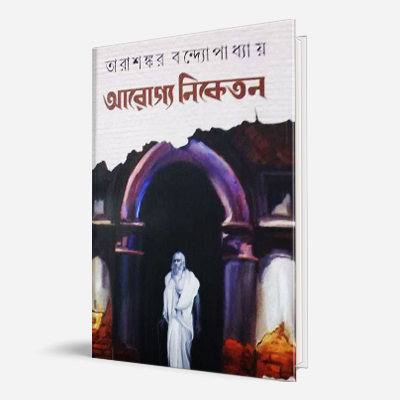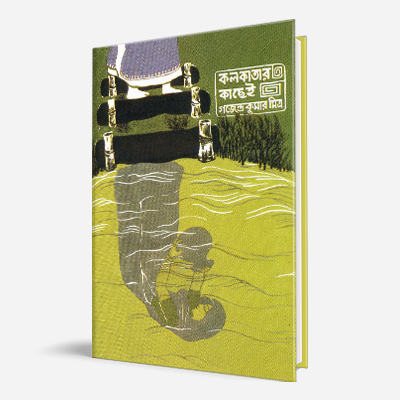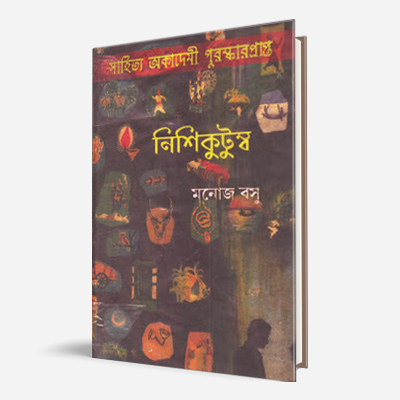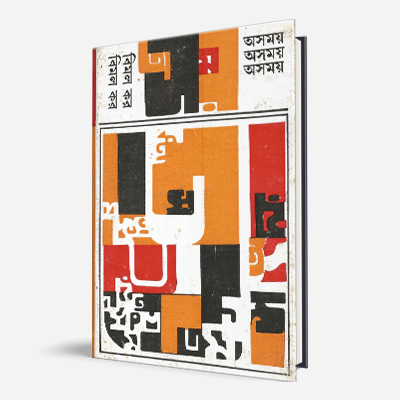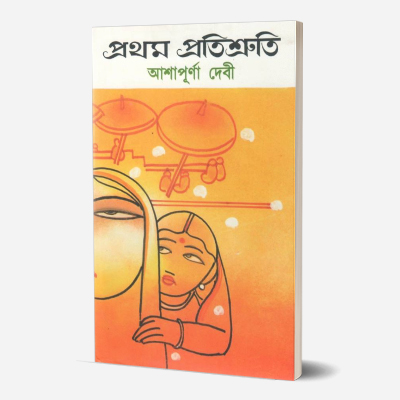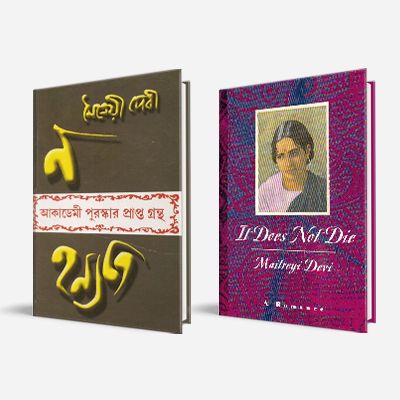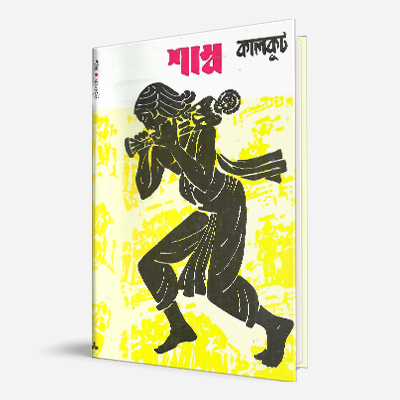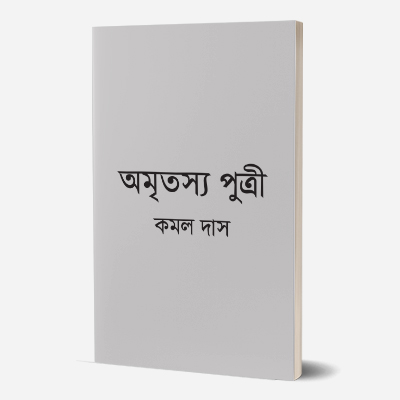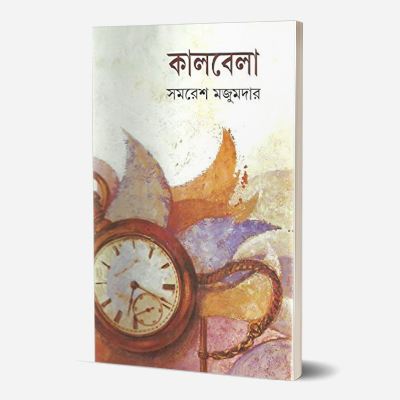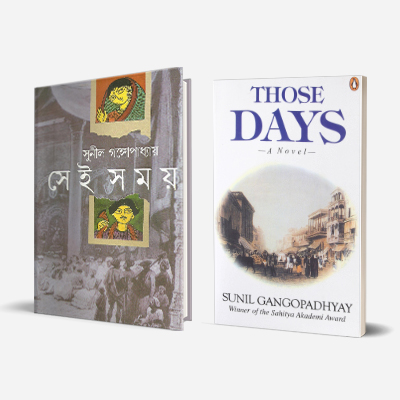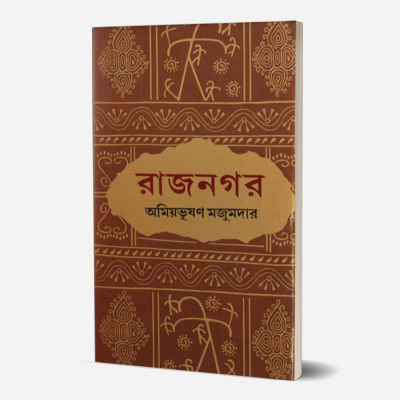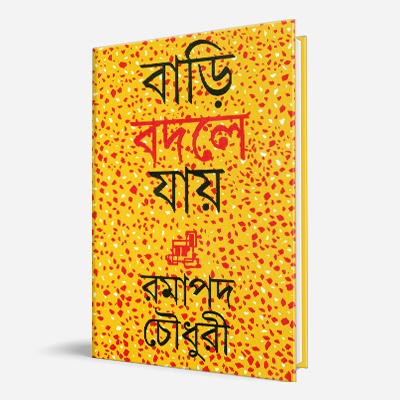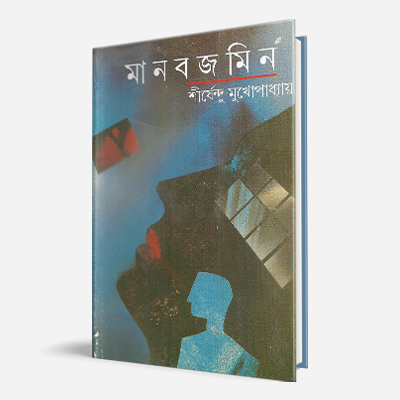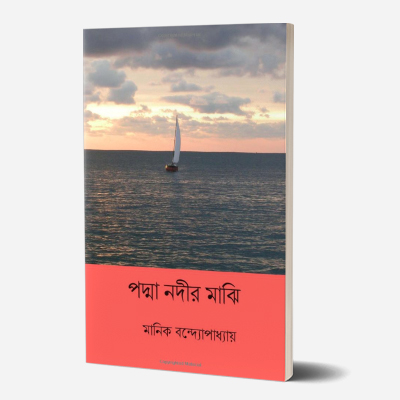Hajar Churashir Ma
By Mahashweta Devi
Originally published in 1974, Mahasweta Devi’s best-known novel Hajar Churashir Ma was translated into English as Mother of 1084 by Samik Bandyopadhyay (2010). It is a heart-breaking and yet coldly analytical story of a loving mother who is suddenly informed of her grown-up son’s death. Identified only as No. 1084 by the morgue authorities, the young man was killed in one of the many false encounters that the police used in the 1970s in Bengal to eliminate revolutionary Naxals.
A year after his death, she begins to piece together the story of his involvement with the Naxal movement, getting in touch with his former comrades and learning the details. The novel offers a unique perspective on the armed political movement that shook Bengal in the 1970s, claiming victims among both the urban youth and the rural peasantry, leaving its impact not just on the political and administrative landscape, but also on the families of those who died. It won the Jnanpith Award in 1996.
Crisp and incisive in capturing the thought processes of a generation and the turmoil in the cosy construct of the middle-class family, Mother of 1084 is still a truly moving human document. In an interview, Devi said that she wrote it in four days flat, almost as a command performance in response to the requests of urban Naxalites who said she only wrote about the tribal community but never about them.
About the Author
Mahasweta Devi (1926-2016) was one of the foremost writers in Bengali.
She is not only known for her political writing style but her immense contribution towards communities of landless labourers of eastern India where she worked for decades. Her intimate connection with these communities allowed her to understand and begin documenting grassroots-level issues, giving her stories a distinct socio-political authenticity and empathy. Her impressive body of work includes novels, short stories, children’s stories, plays and activist literature. She received the Padma Shri (1986) and Padma Vibhushan (2006), the Ramon Magsaysay Award (1997) and was nominated for the Nobel Prize for Literature in 2012, and remains one of the most studied and translated Bengali authors today.
Also read
Aranayer Adhikar
Mahasweta Devi had woven a historical fiction around the legend of Birsa Munda in her 1977 novel Aranyer Adhikar (Rights of the Forest). Using her research about his life, as well as her experience working as an activist in tribal areas, she traces the life of this tribal leader, folk hero, and freedom fighter through his trials and tribulations in the late 19th century, particularly the tribal uprising he led against the British. While the story sticks largely to its historical authenticity, it is in the dramatization and contextualisation of the events that the novel shines. It received the Sahitya Akademi Award in 1979.
Jhansir Rani
Mahasweta Devi’s prolific writing career was launched with the publication of her first book Jhansir Rani (1956) which has been translated into English as The Queen of Jhansi (Seagull Books, 2010). Mahasweta Devi undertook extensive research that encompassed family reminiscence, oral literature, local histories, and more traditional sources. From these she wove a very personal history of a legendary Indian heroine—building a detailed picture of Lakshmibai, the Queen of Jhansi, as a complex, spirited, full-blooded woman who grew from a free-spirited child into an independent young leader and led her troops against the British in the uprising of 1857, which is now widely described as the first Indian War of Independence. Simultaneously a history, a biography, and an imaginative work of fiction, this book is a valuable contribution to the reclamation of history by feminist writers.

